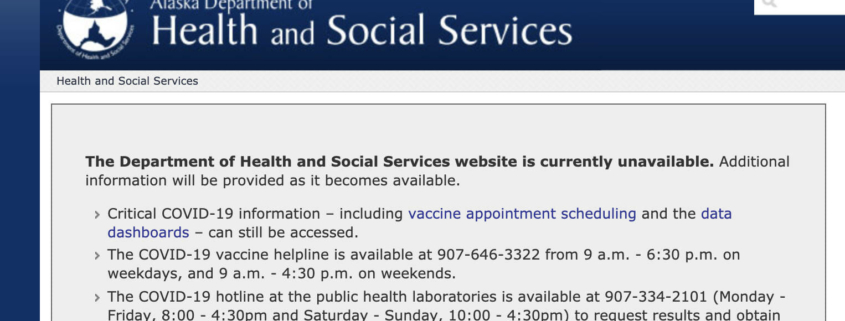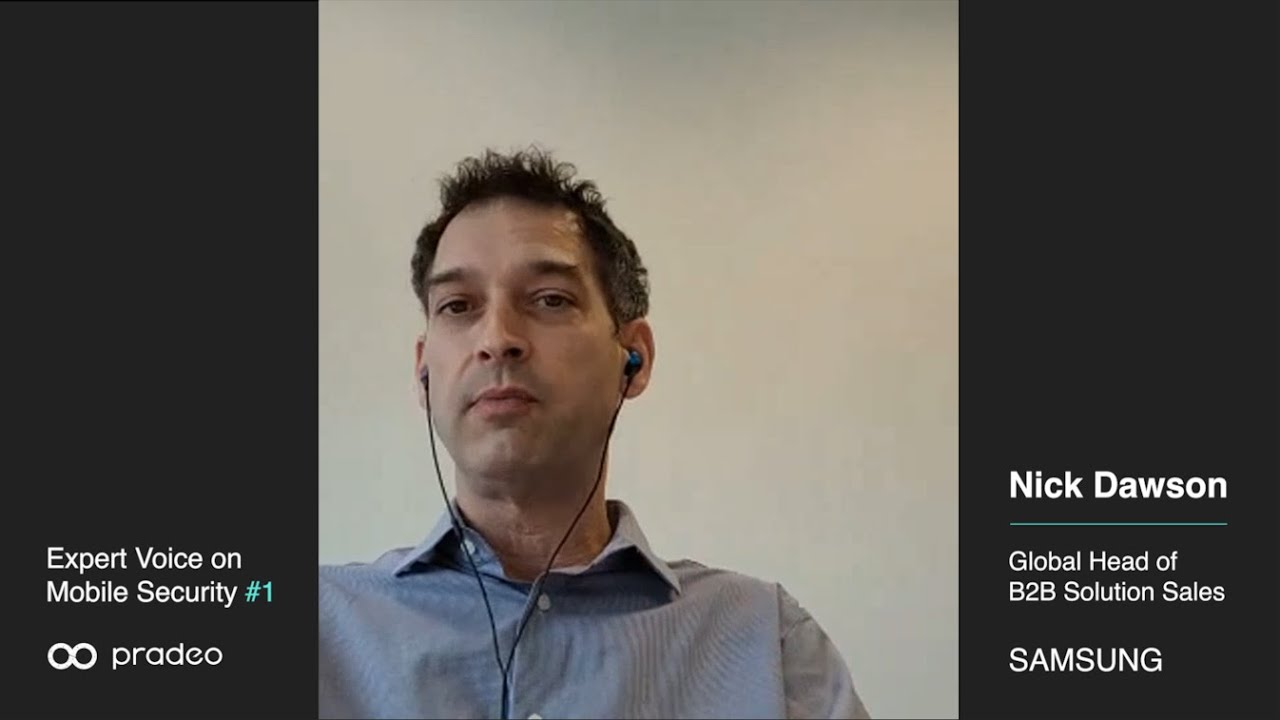What we know about Alaska’s cybersecurity after hackers broke through multiple state agencies this year
For weeks this spring, hackers forced officials to shut down Alaska’s Courtview system, making state court records inaccessible to attorneys, people charged with crimes, and residents seeking to run background checks on their prospective dates or tenants.
Then, cyberattackers targeted the state health department, whose website has remained offline since the hackers were first discovered in mid-May.
State officials have revealed few specifics about the attacks — particularly about the one that targeted the health department. They’ve also declined to release many details about the cyberdefenses they use to protect Alaska’s computer systems, and how they plan to adapt them to ensure that future attacks are less disruptive.
While there are still many unanswered questions, here’s what we know — and what we don’t.
Who broke into the computer systems of Alaska’s court system and health department, and how did they do it?
These are the most obvious questions about the cyberattacks — and we don’t have answers to them. The health department, in a statement from spokesman Clinton Bennett, said it’s not releasing information “regarding the type of cyberattack, how the cyberattack occurred or other specific information.”
The court system’s top spokesman, Chief Justice Joel Bolger, has said a half-dozen computers were infected with malware that was trying to allow “outside actors” to move around the agency’s network. But in an interview Wednesday, he said those actors were never identified.
“We did not receive any direct communication from them,” he said.
Bolger said the unusual activity on the agency’s network was detected in late April by “cybersecurity notification software,” and that it was identified at an “early stage, before any of our computers had been taken over, locked up, encrypted — none of that stuff happened.” Two days after the discovery, the court system took its computer networks offline, to cut off the attackers’ access.
Bolger declined to say exactly how the…

